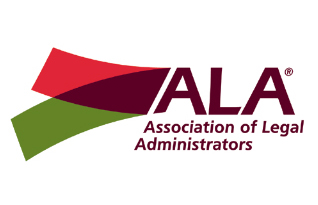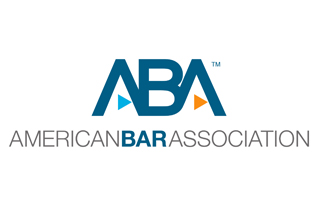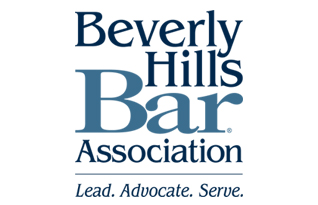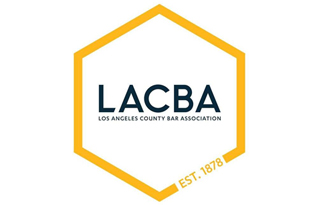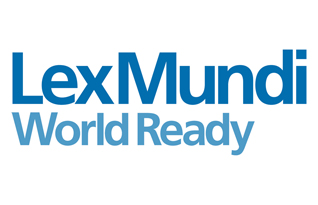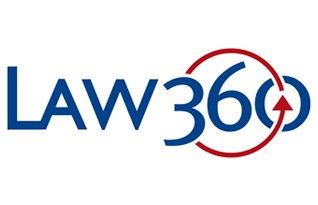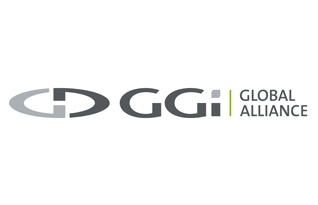According to The National Law Journal, law firm summer associate programs are on the rise: 95% of summer associates who clerked for law firms in the summer of 2015 were offered permanent positions after graduation. This is the highest rate since 2007, and up significantly from the low of 69 percent in 2009.
Early signs indicate that firms are starting to realize once again the value of recruiting law students through summer associate programs to join their ranks. However, this begs the question— what happened to the almost ubiquitous summer programs in the first place? And why are firms only now returning to recruiting recent grads?
What Happened in 2008?
Before 2008, Big Law was booming. The market for legal services was at an all-time high, and firms were looking for ways to keep pace with client demand. Summer associate programs provided a much needed talent pool. Young attorneys were plucked from law school on-campus interviews to spend a summer clerking at big law. Firms would groom law students into future associates who understood the firm’s clientele and culture. At the end of that summer most, if not all, would be offered full-time positions upon graduation.
A continuous stream of ready-to-work summer associates allowed firms to expand and adapt to the ever-changing client landscape. For years, this model served both firms and law students well, leading to unprecedented law school enrollment. Life was good.
However, the recession of 2008 brought a sea change. Almost overnight, summer associate programs all but disappeared. As the economic downturn started to bleed into all sectors, law firms saw work rapidly dry up— companies drastically cut their legal budgets, and, in turn, so did law firms. Economic uncertainty compelled firms to quickly eliminate any unnecessary costs, with summer associates programs being the first item on the chopping block. Many associates who had received job offers the previous summer had their start dates delayed for months or pushed back a full year. Some even had their offers rescinded. A few firms went as far as paying off new hires, offering to buy out their job offers for tens of thousands of dollars. Eventually, even the junior associates who had been at firms for several years were not immune to layoffs.
Now that the dust has settled and the economy has stabilized, the pendulum appears to be swinging back. The legal field is trying to find equilibrium: while unemployment rates are decreasing, so is the size of outgoing law school classes. Big law is still laying off attorneys, but client acquisition is on the rise. And, after an eight-year absence, we may be witnessing the return of the summer associate. Why now?
Eight Years Later: A Growing Generational Gap Between Clients and Attorneys
Law firms are waking up to the realization that, by avoiding summer programs and law grad recruitment for almost a decade, they’re widening the generational gap between their attorneys and their clients. Millennials are now the largest generation group in the country, and the largest generation group in the workforce. However, this premise does not hold true for firms, where most of the attorneys belong to the Baby Boomer generation and to a lesser degree, Generation X.
Such a distinct gap can have negative consequences. For instance, a large generation gap between attorneys and clients can lead to a decrease in client satisfaction. Millennials interact with technology differently than previous generations. For example, they are more likely to communicate through text and email, and reserve phone conversations for critically important or time-sensitive issues. They expect their attorney to have a similar relationship with technology. This can be problematic when dealing with Boomer generation lawyers, who may still use phone calls as their primary way to communicate with their clients. Millennial clients could see this interaction as intrusive or even irritating.
If that weren’t enough, this generation gap exists not only between firm attorneys and clients, but also between firm attorneys and in-house attorneys. Gen Xers, and increasingly Millennials, comprise the majority of in-house counsel positions, lured by the promise of a better work-life balance. The generational disconnect between in-house counsel and firm may potentially affect the continuity and relevance of long-term relationships between firms and their corporate clients.
Closing the Gap
If firms do nothing, this gap is bound to get worse. Boomer generation attorneys will start retiring en mass in the next decade, and the Millennials now leaving law school are not getting the requisite training they need to step into their shoes. Additionally, if firms continue to ignore the need to invest in new law graduates, they will lose out to corporations in the competition for top legal talent.
Firms are beginning to recognize that by reinstating summer associate programs and law school recruiting, they can work to close the generation gap. They can hire summer associates who have proven over the course of several months to be a good cultural and technical fit. They can take advantage of millennial law students’ relationships with technology and leverage that relationship to enhance their own practices. They can on-board these professionals by providing them with business development and marketing training—yes, even while training them to become lawyers. They will stay relevant to their ever-changing client base. The firms who are investing in summer associate programs now will have an easier time keeping up with the evolving legal landscape for many years to come.
This article, authored by Jonathan R. Fitzgarrald, Managing Partner of Equinox Strategy Partners, was originally published by STRATEGIES: The Journal of the Legal Marketing.


